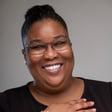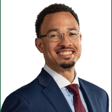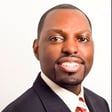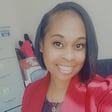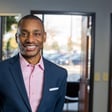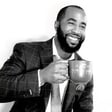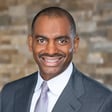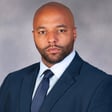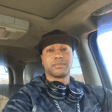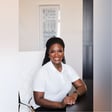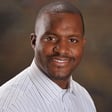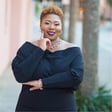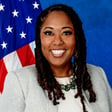
Executive Retail Leadership | CEO | "Techpreneur" feat. Kevin Lloyd Part 1
Today’s Guest is Kevin Lloyd, a former Executive Leader in Retail and current “Tech-pre-neur”, who has built a tech and entrepreneur ecosystem that brings together the Black community in Central Ohio. He has over 20 years of Executive Leadership at Retail outlets like Dick’s Sporting Goods, Target, Old Navy and Sears. Additionally, he is the Co-Founder and CEO of MYLE (Make Your Life Entertaining), an Entertainment Software and Data Analytics company that provides curated content based on the user's location. His vision is to become the world's most renowned entertainment marketplace and they’ve set a mission to expose at least 25,000 socio-economically challenged youth to entertainment, the arts, & travel. He’s also the COO of Color Coded Labs, an education course that empowers people of color with tech courses AND after they graduate, connects them to innovative companies dedicated to diversity. Finally, he is the Co-Founder of ColumbusBlack.com, the premier online source of news, events, and entertainment for the Black community in Columbus, Ohio. It has acquired more than 250,000 unique visitors, 500,000 visits, and exceeded 10 million hits.
https://www.linkedin.com/in/kevinlloydtheleader/
